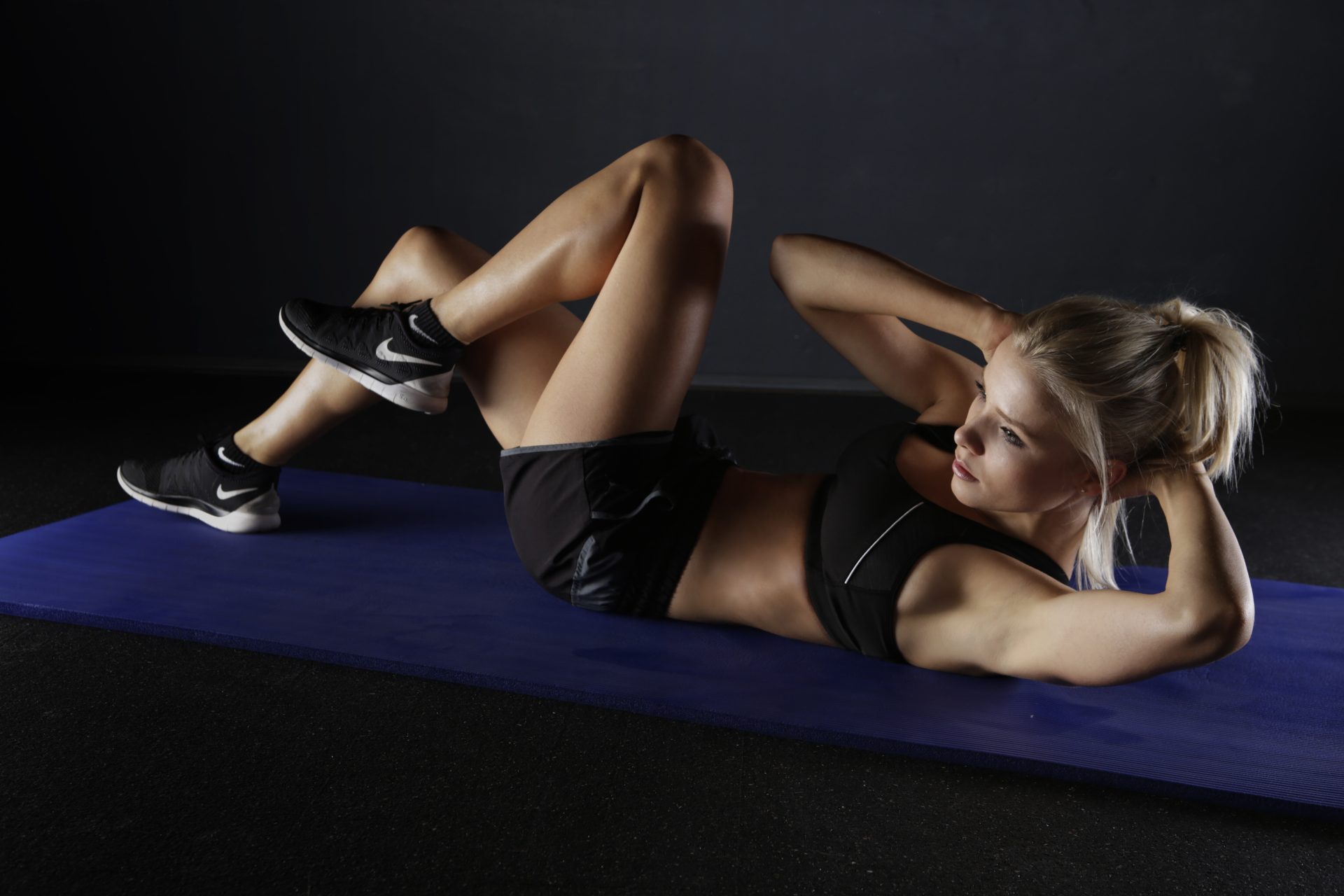How Can Exercise Affect Sleep Quality?

The advantages of regular exercise are numerous. These consist of better physical function, a higher quality of life, and a decreased risk of conditions like cancer and diabetes. Certain populations can also benefit from exercise. For instance, pregnant women who regularly exercise are less likely to gain too much weight or have postpartum depression, and older persons who exercise are less likely to suffer a fall-related injury.
Exercise and sleep quality
For many people, exercising also results in better sleep. Particularly, adults who engage in moderate-to-vigorous exercise can improve the quality of their sleep by speeding up the process of falling asleep and sleeping longer at night. Additionally, engaging in physical exercise might lessen daytime drowsiness and, for some individuals, the need for sleep aids.
Indirectly, exercise might also enhance sleep. For instance, engaging in moderate-to-vigorous physical exercise can lower the risk of excessive weight gain, which therefore reduces the likelihood of developing obstructive sleep apnea symptoms (OSA). Obesity has been implicated in around 60% of instances with moderate to severe OSA.
What does research have to say about it?
Numerous studies have looked into how much individuals sleep and exercise. These include the 2003 Sleep in America poll by the National Sleep Foundation, which polled persons aged 55 to 84.
About 52% of the respondents to that study claimed to exercise three times a week or more, whereas 24% claimed to exercise less frequently. The latter group of respondents had a higher likelihood of sleeping less than six hours per night, having fair or poor sleep quality, having trouble falling asleep and staying asleep, and having a sleep problem such as insomnia, sleep apnea, or restless legs syndrome diagnosed.
2013 Sleep Survey
Similar findings were obtained from the 2013 Sleep in America study, which polled persons between the ages of 23 and 60 and focused on “Exercise and Sleep.” Approximately 76–83% of those who exercised lightly, moderately, or vigorously said their sleep was very excellent or decent. When compared to individuals who did not exercise, this percentage fell to 56%. Additionally, those who exercised were more likely to sleep longer than necessary throughout the workweek.
The effects of exercise on participants in different demographic categories have been the subject of similar research and surveys. One study that examined college students throughout their exam periods discovered that physical activity and exercise helped lessen test-related stress. For older persons who live in communities, sleep and exercise are “dynamically related”, according to another study. In addition, a third trial found that regular, primarily aerobic exercise decreased symptoms in OSA6 sufferers even when there was no weight loss.
Sleep Better
Manual work employment might not be as effective in treating sleep issues as exercise. This is due, in part, to the fact that many physically demanding occupations frequently cause musculoskeletal aches and pains that can interfere with sleep. Long hours spent performing physical labor might also put workers at risk for stress and tiredness. It may be advantageous to select the finest mattress for your sleep preferences and body type if manual labor or strenuous exercise has a negative influence on your ability to get a good night’s sleep. This will assist reduce discomfort or speed up recovery.
Here are some articles that may help you with what kind of exercises or activities may suit you.